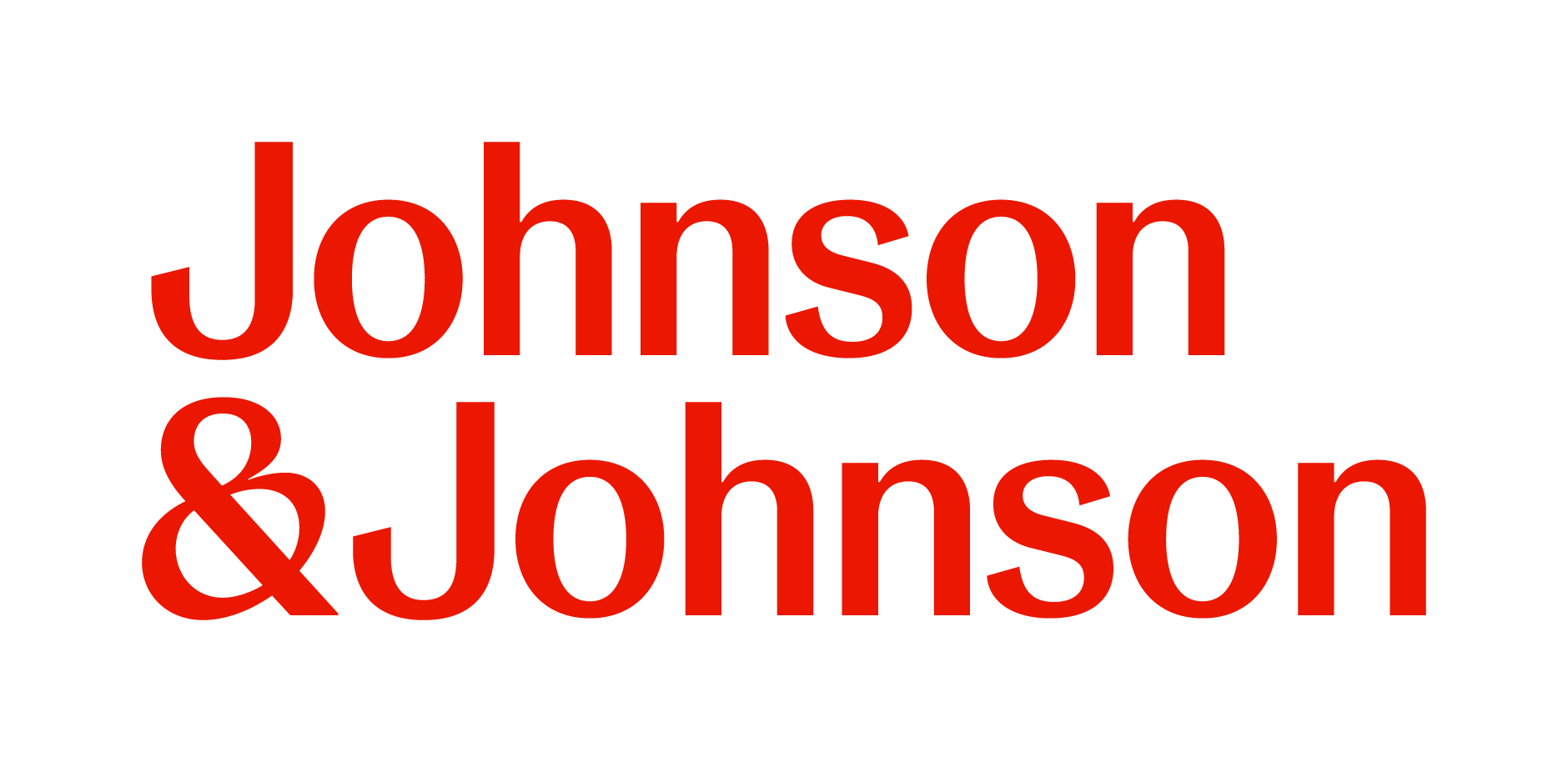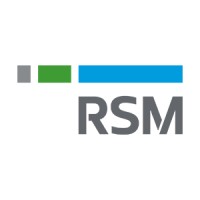Do you know how long it takes a recruiter to make a decision about your resume? According to a study done by The Ladders, a job-matching service and employment website, it takes just six seconds.
The conclusion of their research shows how important the first impression is and how fast you need to be at creating a good one! To get you to the top of the pile, Open Colleges has gathered the best expert tips and techniques to stand out with your resume and make a great first impression.
To do this, you need to first understand how to persuade a recruiter in a very short period of time, giving special consideration to these three areas of your resume:
Polish up on specific areas to catch attention
After six seconds of scanning your resume, recruiters have already noted everything from your name to your education to your current title and company to your previous title and company. Make sure you use the correct words on your current and previous titles, both on your resume and on your LinkedIn profile.
Highlight your strengths sooner than later
Karen Southall Watts, career coach and business consultant, recommends reading the resume from the recruiter’s point of view and to highlight “what makes you a great match for the advertised job.”
“If you have a brand new degree from a prestigious university, then push education up higher on the page,” she suggests. “For job seekers fresh out of school, the education and skills summary are the key sections of your resume. But, if you have a previous position that makes you a great match for an advertised job, there’s no rule that says you can’t highlight your work history and put education further down the page,” she adds.
Understand the company culture and use their language
The sooner you show that you understand the company’s culture, the better. Fitting in with the company’s values and philosophy is becoming increasingly important. To do so, you need to use industry related keywords, and show your interest and attitude towards the company and team you would be joining.
Karen also calls attention to having a perfect understanding of the company culture, department expectations and role specifications. The language you will use in your resume when approaching a traditional organization will be completely different than when you apply for a social media or digital role at a media company.
Ditch old fashioned and outdated language like “objective statement” and “references available upon request.” The problem with using buzzwords is not the words themselves, but the lack of meaning that often accompanies them, so the trick here is not to eliminate them from your resume but to work them into your job descriptions in such a way that they actually add value.






